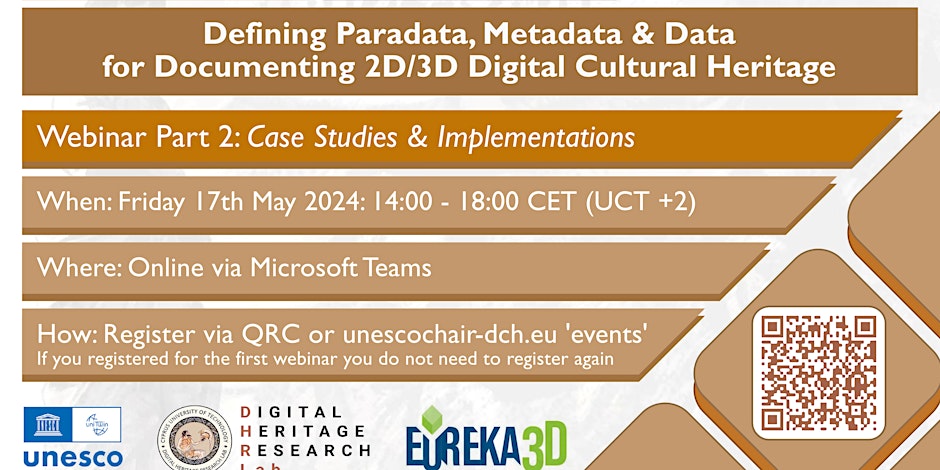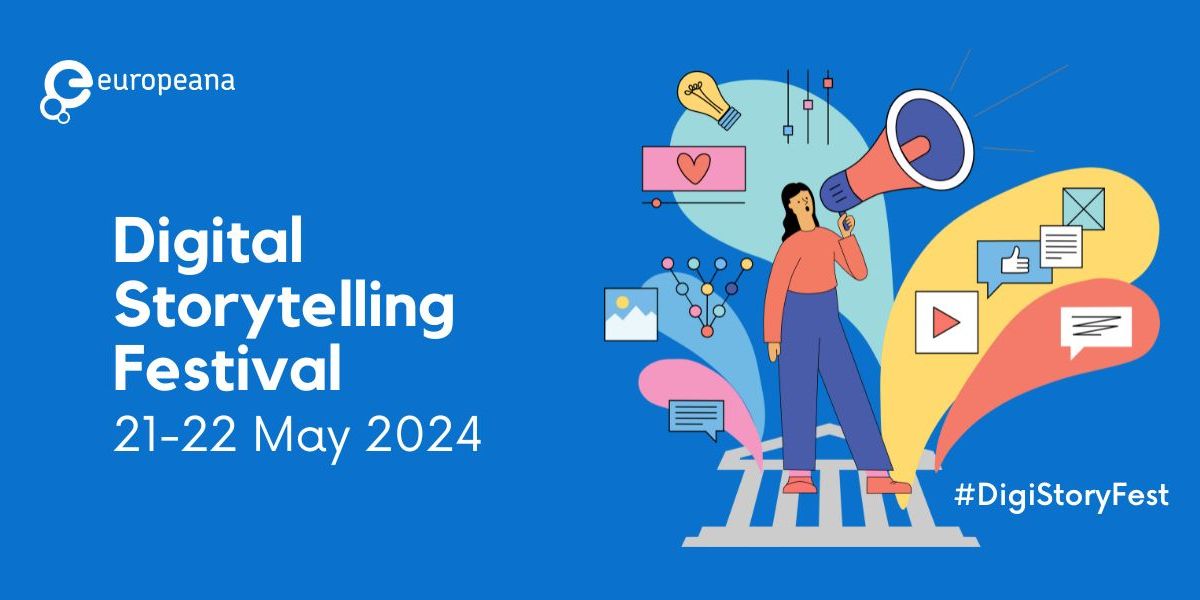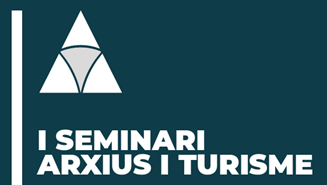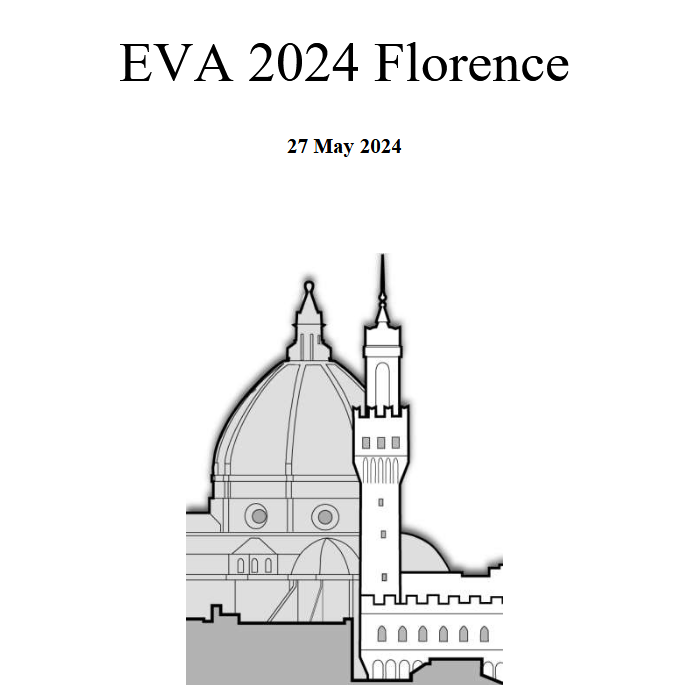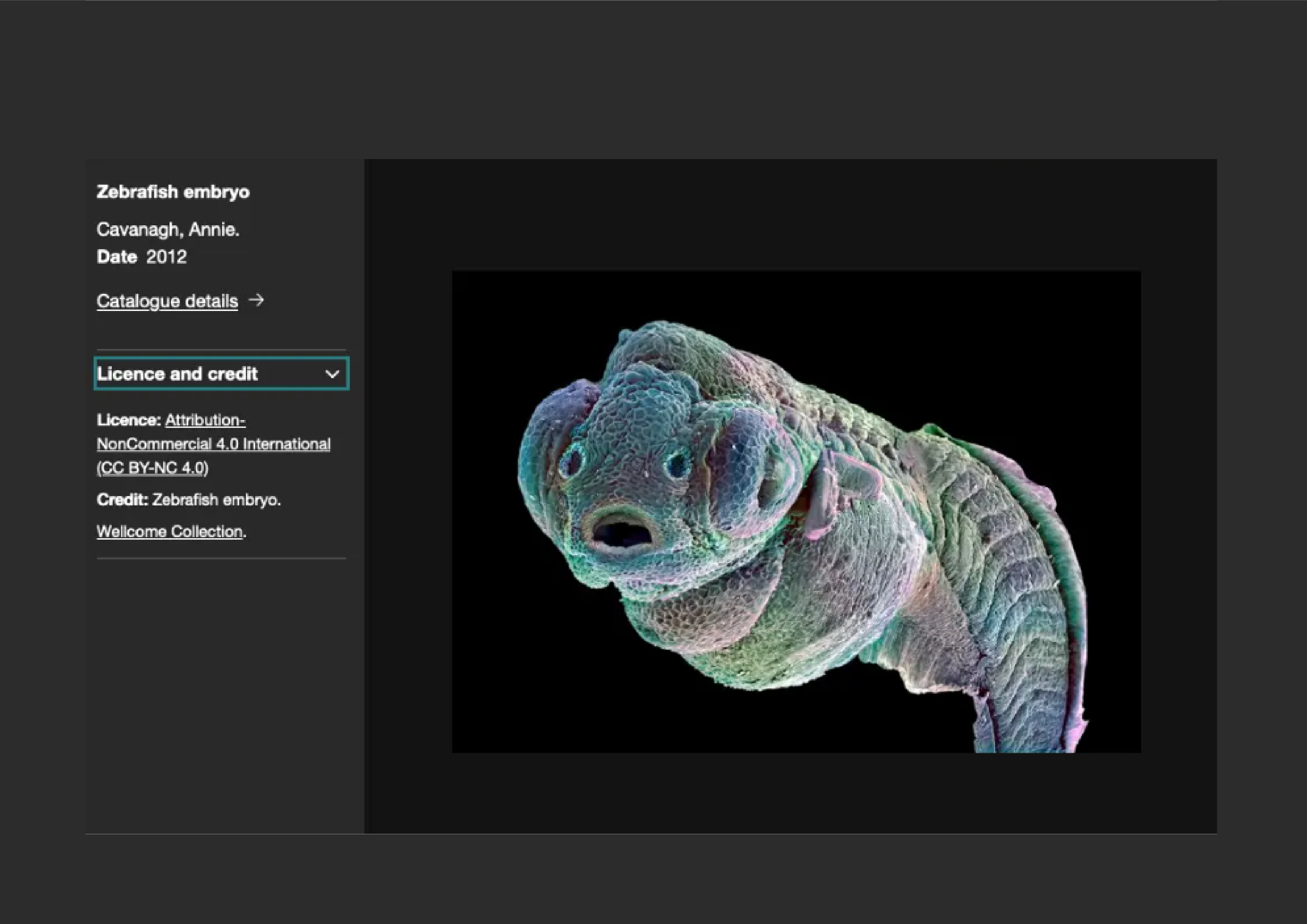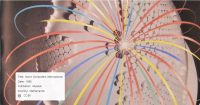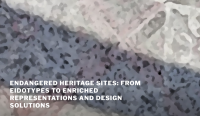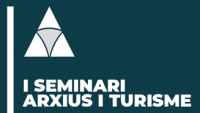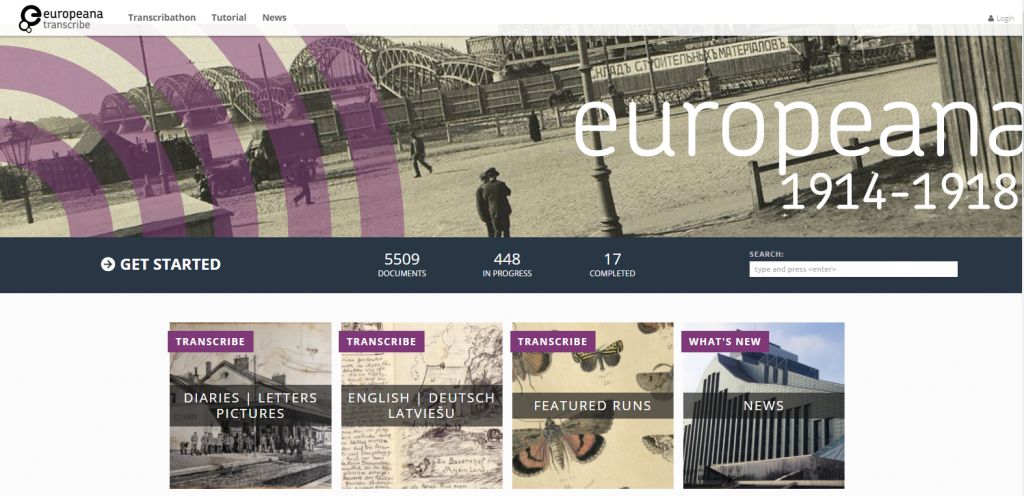
Europeana launches Transcribe Europeana 1914-1918 — an online crowdsourcing campaign to unlock important testimonies of the First World War for future generations by transcribing handwritten texts that are otherwise difficult to read and cannot be searched or translated automatically online.
Transcribe Europeana 1914-1918 will run as an ongoing online challenge — a ‘Transcribathon’ — to encourage members of the public to transcribe digital versions of the unique letters and diaries of those who experienced the First World War and that can be found at Europeana 1914-1918. The challenge will run until 2018, the centenary of the end of WW1.
Nine teams from across Europe met in Riga AGM to launch the competition with a special 48-hour challenge event judged by an international jury. Prizes were awarded at the Latvian National Library to winning teams from France and the University of Latvia.
Members of the public are invited to take up the challenge at www.transcribathon.eu with digital versions of the handwritten testimonies from WW1’s home and battle fronts in 22 languages. Participants add their own transcriptions, geo-tags and other annotations to texts, enabling greater understanding and access to these original historical scripts. The website is free to use and open to all.
A simple e-tutorial teaches participants how to decipher old and difficult handwriting in various languages with an easy-to-use online transcription tool. It is hoped the challenge and the tool will help build an international community of contributors of all ages and nationalities who can share their knowledge and experience.
The Transcribathon is ‘run’ by accumulating virtual ‘miles’ with every word transcribed. Each participant works on the transcription of selected documents, for example a diary or a letter, in a specific language. A ‘Transcribometer’ charts their progress as they compete against others to move up the transcribers league.
People can take part individually from home or as teams at special Transcribathon events where a jury awards points for quality, quantity and presentation of transcriptions. All future event details will be announced on www.transcribathon.eu and www.europeana1914-1918. The first planned events are for Romania and Italy in the first half of 2017.


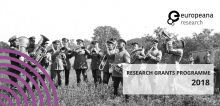
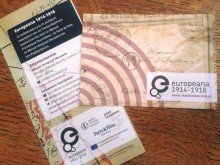
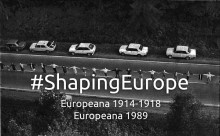
 If you have interesting news and events to point out in the field of digital cultural heritage, we are waiting for your contribution.
If you have interesting news and events to point out in the field of digital cultural heritage, we are waiting for your contribution.



